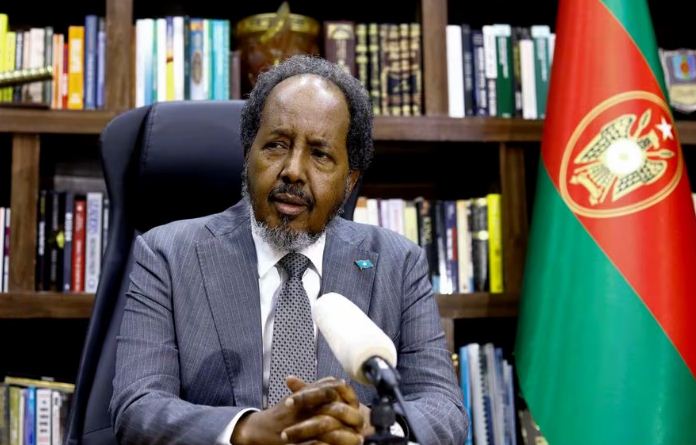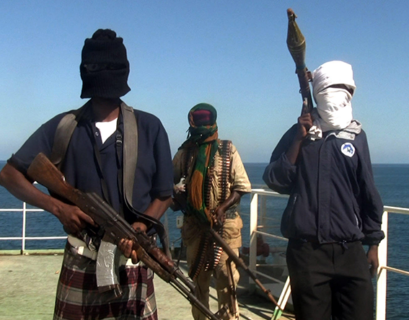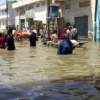In recent developments, Somalia finds itself entangled in a tense standoff with Ethiopia over a contentious naval base deal in the breakaway region of Somaliland. The situation has escalated as Ethiopia pursues plans to establish a naval presence along Somaliland’s coastline, a move vehemently opposed by Somalia, which claims sovereignty over the region despite its effective autonomy since 1991.
The memorandum of understanding signed by Ethiopia on January 1st to lease 20 kilometers of coastline in Somaliland has sparked outrage in Mogadishu, with Somali President Hassan Sheikh Mohamud issuing a stern warning that Somalia will “defend itself” if Ethiopia proceeds with the deal. Mohamud’s assertion underscores Somalia’s firm stance on safeguarding its territorial integrity in the face of perceived encroachment.
Ethiopia’s proposal not only entails the establishment of a naval base but also hints at possible recognition of Somaliland as an independent state—an offer that has raised concerns about exacerbating tensions in the already volatile Horn of Africa region. Mohamud’s defiance reflects Somalia’s determination to resist any attempts that could potentially undermine its sovereignty and fuel further instability.
While Ethiopia maintains that its intentions are solely aimed at addressing its need for sea access, Somalia remains steadfast in its refusal to entertain discussions until Ethiopia renounces its plans concerning Somaliland. The deadlock underscores the complexities of regional dynamics and historical grievances that continue to shape geopolitical relations in the Horn of Africa.
Amidst the standoff, concerns loom over the fate of nearly 3,000 Ethiopian soldiers stationed in Somalia as part of the African Union peacekeeping mission combating al Shabaab militants. Despite fears of a withdrawal exacerbating the security situation, Mohamud asserts that Somalia has no plans to expel Ethiopian troops at this juncture. The delicate balance between security imperatives and diplomatic tensions underscores the intricate challenges facing Somalia and its regional counterparts.
Furthermore, Somalia’s claims regarding the surge in al Shabaab recruitment following the port deal have raised eyebrows among analysts and diplomats, who remain skeptical of the reported figures. The discrepancy in estimates underscores the need for transparency and collaboration in addressing the complex security landscape in Somalia, where militant threats persist despite concerted efforts to combat extremism.
In navigating the intricacies of the Ethiopian naval base deal and its implications, diplomatic engagement emerges as paramount in de-escalating tensions and fostering regional stability. Somalia’s resolve to defend its territorial integrity underscores the imperative of constructive dialogue and peaceful resolution of disputes to prevent further destabilization in the Horn of Africa.
As the situation continues to unfold, international stakeholders must support efforts aimed at promoting dialogue and mutual understanding to mitigate the risk of escalation and pave the way for sustainable peace and security in the region. Somalia’s stance reflects not only its commitment to sovereignty but also its aspirations for a peaceful and prosperous future for its people amidst the challenges posed by regional dynamics.
















